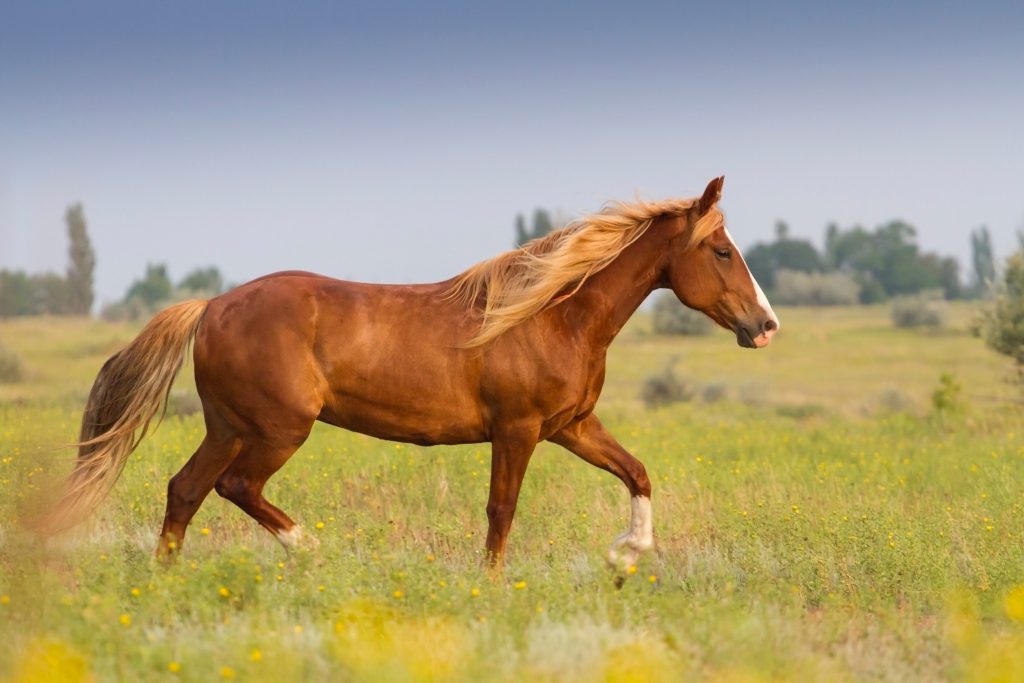A proper dental exam and treatment are amongst the most important, and most neglected, aspects of equine health care in horses of all ages. Proper dental care is essential to the overall health and wellness of our equine companions as it helps to:
- promote a more complete breakdown/grinding to get the most out of his/her food
- prevent premature tooth loss
- reduce the incidence of colic and choke
- alleviate temporomandibular joint (TMJ) pain
- allow a less stressful eruption of the permanent teeth by the timely removal of shedding deciduous (baby) teeth (caps)
- prevent pain when using a bit, making it easier for the horse to be trained
Every six months when vaccinations are given, the adult horse’s mouth should be examined for dental abnormalities so any necessary treatment can begin. Very old horses may also have significant dental abnormalities, especially if they did not have adequate dental care when they were younger. Many older horses have a lot of teeth worn off and little tooth with which to chew. Also, some teeth may be very short and some very tall, preventing normal chewing. Reducing these tall teeth can help with chewing and teeth alignment.
Unlike human teeth, equine teeth continually erupt throughout their lives. This means that horses have a finite amount of tooth for the rest of their lives. For this reason, it is important to be careful when removing any amount of tooth when floating because whatever is removed is gone forever. As horses age, their teeth should be examined more frequently so any abnormal growth can be found early and treatment can prevent improper alignment.
Untreated tooth and oral issues can cause pain and decrease performance in our equine athletes. Many domestic horses suffer from poor tooth alignment and irregular chewing patterns, which can cause severe pain, digestive difficulty, colic, and behaviour and performance problems. These conditions also cause neck stiffness and contribute to lameness.
“Floating” means the filing down of sharp enamel edges/points of a horse’s teeth. This is done to ensure the teeth wear evenly over time and prevents sharp points from forming, which damage the inside of the cheeks and tongue.
Some signs your horse may need his/her teeth and mouth assessed by your veterinarian are:
- Dropping grain or packing hay- aka ‘quidding’ (dropping partially chewed food out of his/her mouth
while chewing - Weight loss
- Suddenly not eating either hay or grain
- Eating with the head tilted to one side
- Salivating more than normal
- Fussy with the bridle; resistant on one side more than the other
- Soft or hard asymmetric swellings
- One-sided nasal discharge with an odour; mouth odour
If you have noticed any of these signs in your horse recently, please don’t hesitate to contact your veterinarian to have a thorough oral exam done.
Written Kristy Haines, DVM
